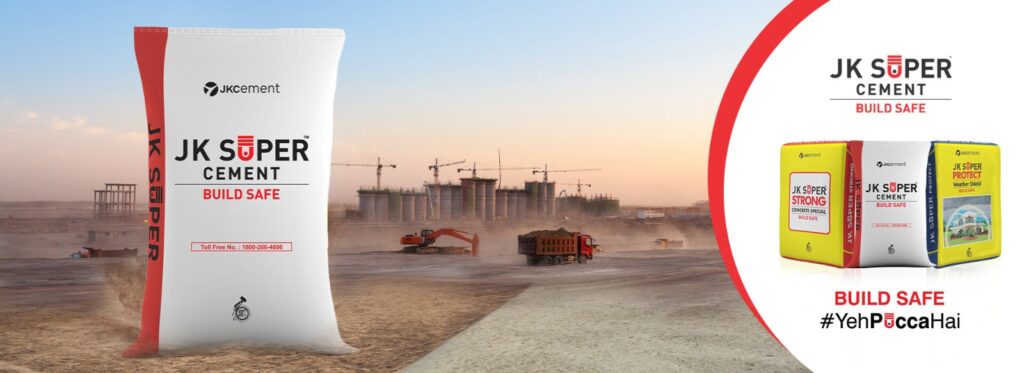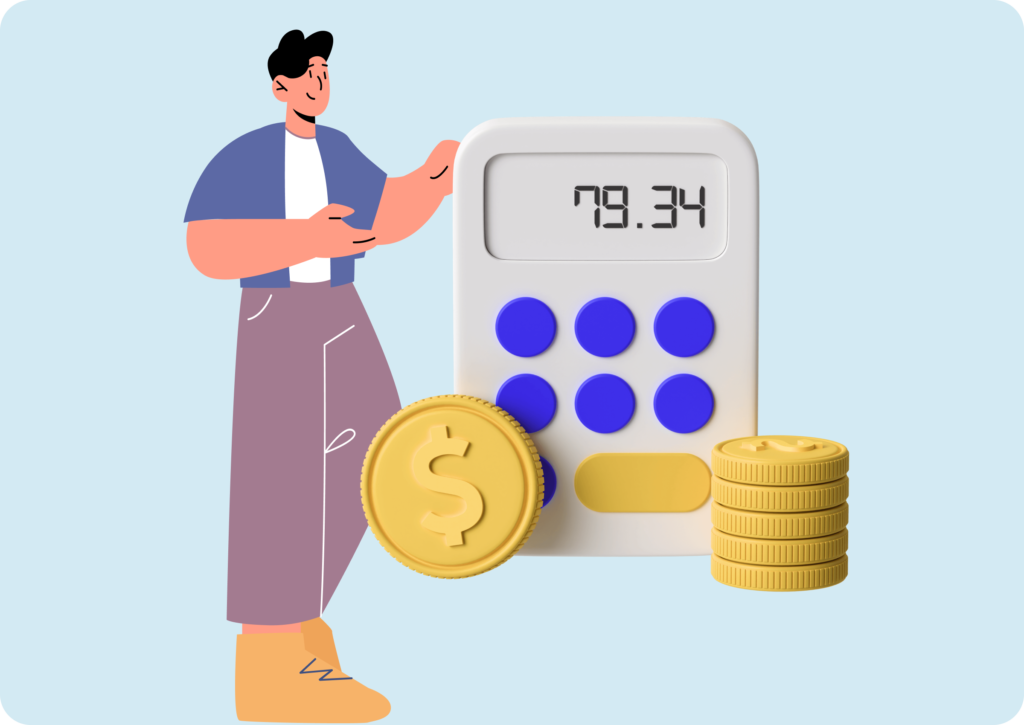FACTORS AFFECTING THE RESALE VALUE OF USED PLANT AND MACHINERY
When it comes to selling used plant and machinery, various factors come into play that can significantly impact the resale value. Whether you are a buyer or a seller, understanding these key elements is crucial for making informed decisions. In this article, we delve into the primary factors that affect the resale value of used plant and machinery.
1. Age and Usage
The age of the equipment and its level of usage play a vital role in determining its resale value. As machinery gets older, it is more prone to wear and tear, and the likelihood of functional issues increases. Similarly, the intensity of its usage, operating hours, and maintenance history will directly impact the machine’s condition and, consequently, its resale value. Prospective buyers often prefer equipment that is relatively new and has been well-maintained, as this indicates better reliability and performance.
2. Condition
The overall condition of the used plant and machinery is a significant factor influencing its resale value. Machines that have been properly maintained, serviced regularly, and are in good working order will command higher prices in the resale market. On the other hand, equipment with visible signs of damage, rust, or mechanical issues may significantly decrease its value. Ensuring proper upkeep and addressing any potential problems promptly can positively impact the resale value.
3. Brand and Reputation
The brand name and reputation of the manufacturer also have a considerable influence on the resale value. Well-established and renowned brands are often associated with quality, reliability, and better performance. Consequently, equipment from reputable manufacturers tends to retain higher resale value compared to lesser-known brands. Buyers are generally more confident in purchasing machinery from trusted brands, as they offer a sense of assurance regarding the equipment’s quality and longevity.
4. Technological Advancements
Rapid technological advancements in the plant and machinery industry can quickly render older models obsolete. Machinery with outdated technology may not be as efficient, productive, or environmentally friendly as newer counterparts. Consequently, such equipment may experience a significant depreciation in its resale value. Keeping up with technological advancements and investing in modern machinery can help preserve the resale value of the equipment.
5. Market Demand
The law of supply and demand also plays a crucial role in determining the resale value of used plant and machinery. If there is high demand for a specific type of equipment, its resale value is likely to be higher. Conversely, an oversaturated market or lack of demand for a particular machine may lead to a lower resale value. It’s essential to research current market trends and demand for specific types of machinery before putting them up for resale.
6. Customization and Upgrades
Equipment that has undergone customization or significant upgrades may have a higher resale value. Modifications that improve performance, safety, or efficiency can make the machinery more appealing to potential buyers. However, it’s crucial to strike a balance between customization and compatibility, as excessive modifications may deter buyers looking for standard models.
7. Economic Factors
Economic conditions, both locally and globally, can also impact the resale value of used plant and machinery. During periods of economic growth and stability, businesses may be more willing to invest in pre-owned machinery, leading to higher resale values. Conversely, economic downturns or uncertainties may result in reduced demand and lower prices in the resale market.
Conclusion
In conclusion, several factors come into play when determining the resale value of used plant and machinery. Age, usage, condition, brand reputation, technological advancements, market demand, customization, upgrades, and economic conditions all play their part. As a seller, understanding these factors can help you set a competitive price for your equipment, while buyers can use this knowledge to make informed decisions and find the best value for their investments.


